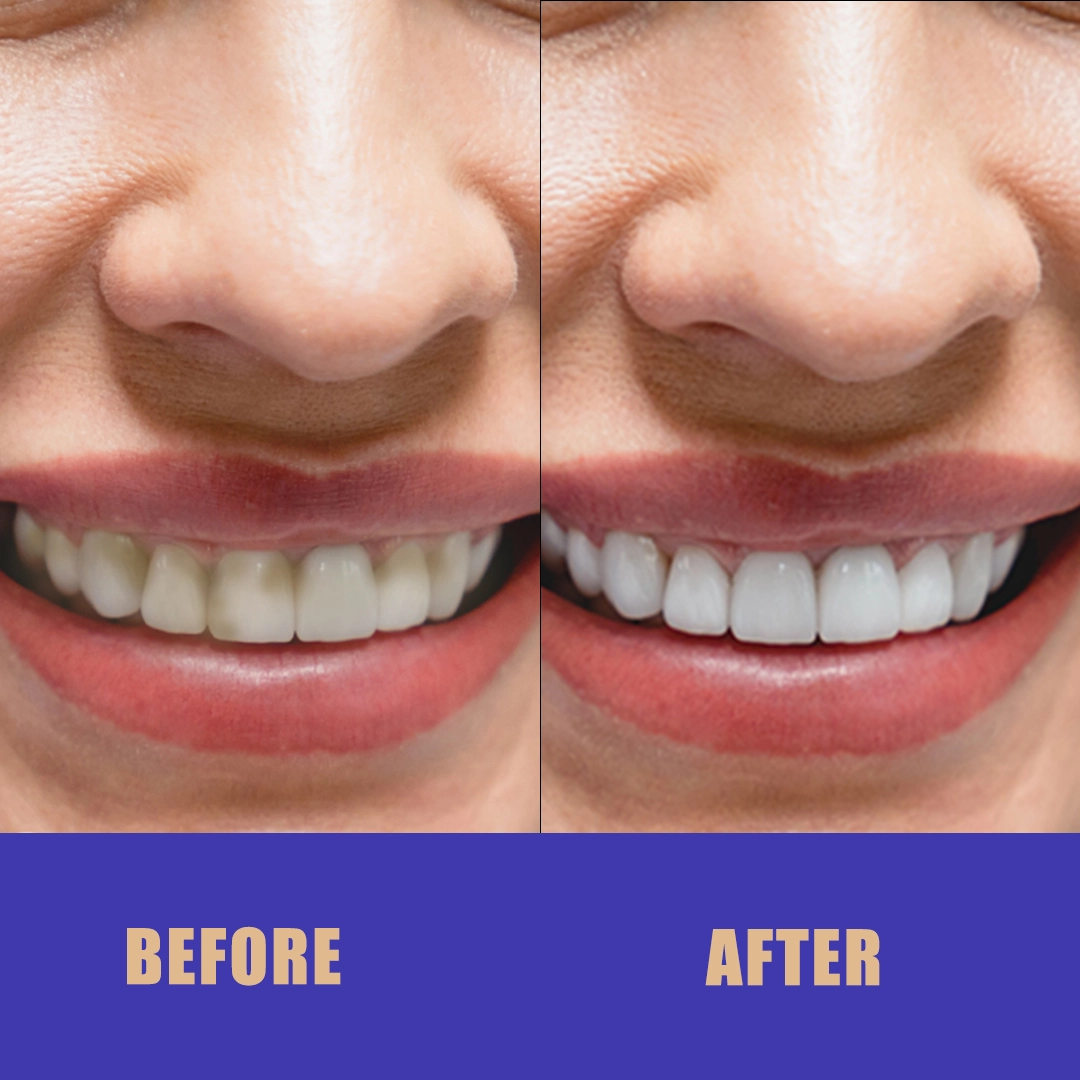As you get older, it’s common to need an increasing level of care and support to manage the day-to-day activities of life. And when you reach this point, you have choices as to how you can receive the care you need. The two most common are care in your own home, and aged care, and each provides a different type of solution to your care needs. If you’re unsure whether you’ll be able to manage with care in your own home, or if you’ll need the higher levels of support provided by a residential aged care facility, consider these five questions to give you some clarity.
Do you have any illnesses or chronic health conditions?
Do you have a chronic condition such as heart disease, diabetes, dementia, or Alzheimer’s Disease? Have you suffered a stroke or heart attack? Do you struggle to manage your disease, or to cope with the impact the disease has caused you? If so, you might benefit from the higher levels of care provided in residential aged care.
How mobile are you?
Your level of mobility will affect the amount of care you might need to receive. Can you move comfortably around your house without worrying about falling? Can you get in and out of bed easily? Are you able to get out to shops to buy food? Can you look after visitors to your home, or are you capable of getting out to social outings and groups safely? Can you still drive?
Your mobility also refers to how capably you can manage tasks performed with your hands. Are you able to take care of yourself, and carry out tasks such as bathing, hygiene and grooming without assistance? Can you cook, clean, do laundry and carry out household chores? Are you able to maintain your garden?
If you can do most of these tasks, but struggle with some, Home Care may be able to meet your needs. If you struggle with many of these tasks, you will probably need to consider a move into aged care.
How safe do you feel in your home?
Do you feel unsafe at night alone in your home? Do you fear someone may break in and harm you? Or do you feel unsafe and unsteady moving around your home? Do you worry about what would happen if you fell and couldn’t get up, or suffered a medical emergency and had no one to help you? If so, aged care can alleviate those concerns and provide you with a safe, secure, and supportive environment where you’ll be cared for at all times.
If you still feel safe in your home, both from outside influences and internal struggles, Home Care will allow you to “age in place” while accessing a lower level of care.
How frequently do you need care?
If you frequently need help with many tasks (for example, multiple times a day), you should definitely consider aged care, as aged care facilities have round-the-clock staffing to give you the care you need. Home Care visits will not be of enough help for such high levels of care needs. As well, if you live with a carer, family member or support person, are they able to reliably provide you with the care you need at the times you need it? Are they struggling to manage your care? If so, you’ll need to consider aged care.
If you only need care infrequently, a Home Care visit should be able to manage your needs.
How lonely do you feel?
This is a big one, because loneliness and isolation have enormous negative effects on older people, leading to consistently worse outcomes for both physical and mental health. Loneliness can be caused by many things, including health conditions and mobility problems that prevent you from getting out and about. It can also be caused by the death or moving away of close family members or friends. If you frequently feel lonely, you will benefit from the community feel of an aged care facility, where the in-built presence of other people will alleviate loneliness and isolation.
Which is the best choice?
It all comes down to your level of care needs. Aged care is designed for people who have:
- Significant physical health problems
- Mobility or frailty issues
- Chronic illness or diseases that need high levels of care
- Cognitive impairments like Alzheimer’s Disease or dementia
The level of care and support needed to manage these conditions can’t be adequately provided in your own home. It can be provided in an aged care facility, however, which provides 24-hour clinical support by professionals trained to meet your health and care needs. This allows you to receive prompt and timely care, while having peace of mind that your specific needs will be looked after.
Home Care is a great choice for the more independent older person who is still able to look after themselves to some extent and who prefers to remain in their own home for as long as possible. And there are four levels of Home Care packages available, to cater for progressively higher levels of need. This allows you to remain in the comfort and familiarity of your home while progressing from an entry-level package to a higher-level package as your care needs increase and change. You can receive support with:
- Nursing
- Bathing, hygiene, grooming and incontinence
- Shopping and food preparation
- Cleaning, laundry, household chores and garden maintenance
- Impairments, home aids and equipment
- Social outings and transport
- Physiotherapy or podiatry
So, consider these questions to help you decide which aged care option is the best fit in your current situation.
Get in contact with Finley Regional Care if you’d like to discuss your aged care needs and how our residential aged care or home care services can help you: https://www.finleyregionalcare.com.au/contact-us/




Leave a Reply